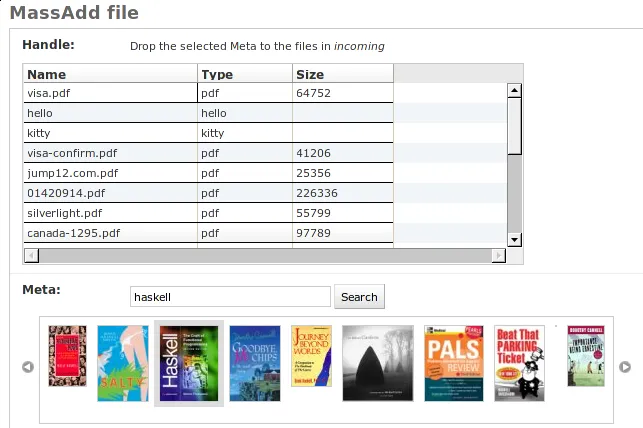Learning Django by Example(9): Software is hard
django python“Software is hard.” reads the quote from Donald Knuth that opens Scott Rosenberg’s Dreaming in Code. Even the development of Gelman is not smooth as I expected.
Think big, but not fancy
Gelman is a hobby project to scratch personal itch, at the same time it acts as the playground to learn django and dojo. Therefore, it is extremely difficult to resist the temptation for some bling-bling but not essential features, which are called “free feature” in the industry. For example, the fancy django-registration plug-in. It will be cool to integrate a ring-and-whistle registration module, but do I really need this module since I am probably the only user/administrator of this web application, why bother to waste effort in registration?
Deodorize the smell
It is quite annoying to work on a bad structured code base with misleading name convention. Eventually, I decided to re-organize the layout of the source code, and moved out from Google Code to Assembla, since the latter provides the Trac support for online source browser and ticket support.
Some other changes include:
- Rename library as bookshelf
- Move the core functionality for book/add to file/add
- Redesign and develop (in progress) the MassAdd functionality for files in server’s incoming directory
Find a formal way
What make Gelman stands out is his admin interface, 60% of its functionalities are only available to administrator. When working with admin module, we should play the game of default admin. Eventually, I may have to copy the code from admin module for the sake of security and behavior consistency. In this situation, the Django Book cover what is on the table, but not under the table.
Here is just a snapshot of current progress, the MassAdd.
